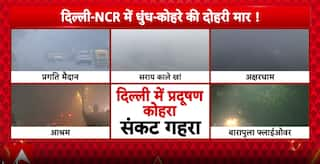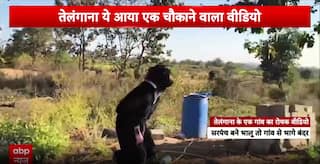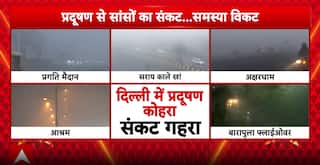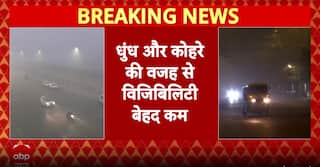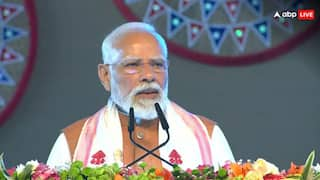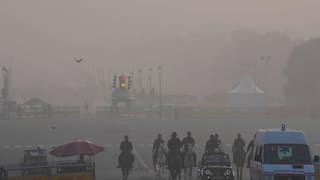Delhi HC Junks Plea Against Demolition Of 60-Year-Old Shiv Temple At DDA Park
The court was hearing an appeal against a trial court order refusing to restrain the Delhi Development Authority (DDA) from removing the 60-year-old temple at Shiv Park, Kondli Sabji Mandi.

The Delhi High Court has dismissed a man's plea against the demolition of a religious structure allegedly built illegally on a public park owned by the DDA. The court was hearing an appeal filed by one Avinesh Kumar, who had challenged a trial court order rejecting his lawsuit seeking to restrain the Delhi Development Authority (DDA) from removing the 60-year-old temple at Shiv Park, Kondli Sabji Mandi.
In an order dated October 4, Justice Tara V Ganju observed that the petitioner had no right or title in the land and, therefore, there was no reason to interfere with the DDA's decision to remove an unlawful encroachment from public land.
The shiv temple/the suit land is concededly in a public park owned by the respondent/DDA. The record reflects that what the appellant/other residents of the area have done is that 200 square metres of the park have been unauthorisedly occupied and a boundary wall has been constructed to claim title or exclusive possession to the suit land, the judgment said.
The verdict noted that in the garb of a suit for injunction, the appellant had succeeded in restraining the demolition of an unauthorised construction on a public park for the last several years. This cannot be countenanced by the court, it added.
The appellant had claimed that he was a devotee and worshipper at the temple, and demolishing the structure would infringe his right to worship. He had claimed that the temple was built in 1969 after a donation of the land by the landlords of the locality. Rejecting the appeal, the court pointed out that while the right to worship is undoubtedly a civil right that could be the subject matter of a lawsuit, in the case at hand, it is not the appellant's claim that he is being obstructed from worshipping in any legitimate temple. What is being sought to be done by the appellant is to enforce a non-existing right in an immovable property/temple, which is constructed illegally, as well as a boundary wall, which has been constructed around that temple.
Thus, the civil right to worship of the appellant is not being interdicted by any person or authority, the court held.The DDA opposed the plea and argued that neither did the appellant have any right, title or interest in the land, nor was he a priest at the temple. The DDA issued a letter in June seeking police assistance to remove unauthorised encroachments from the land in question.
(This report has been published as part of the auto-generated syndicate wire feed. Apart from the headline, no editing has been done in the copy by ABP Live.)











